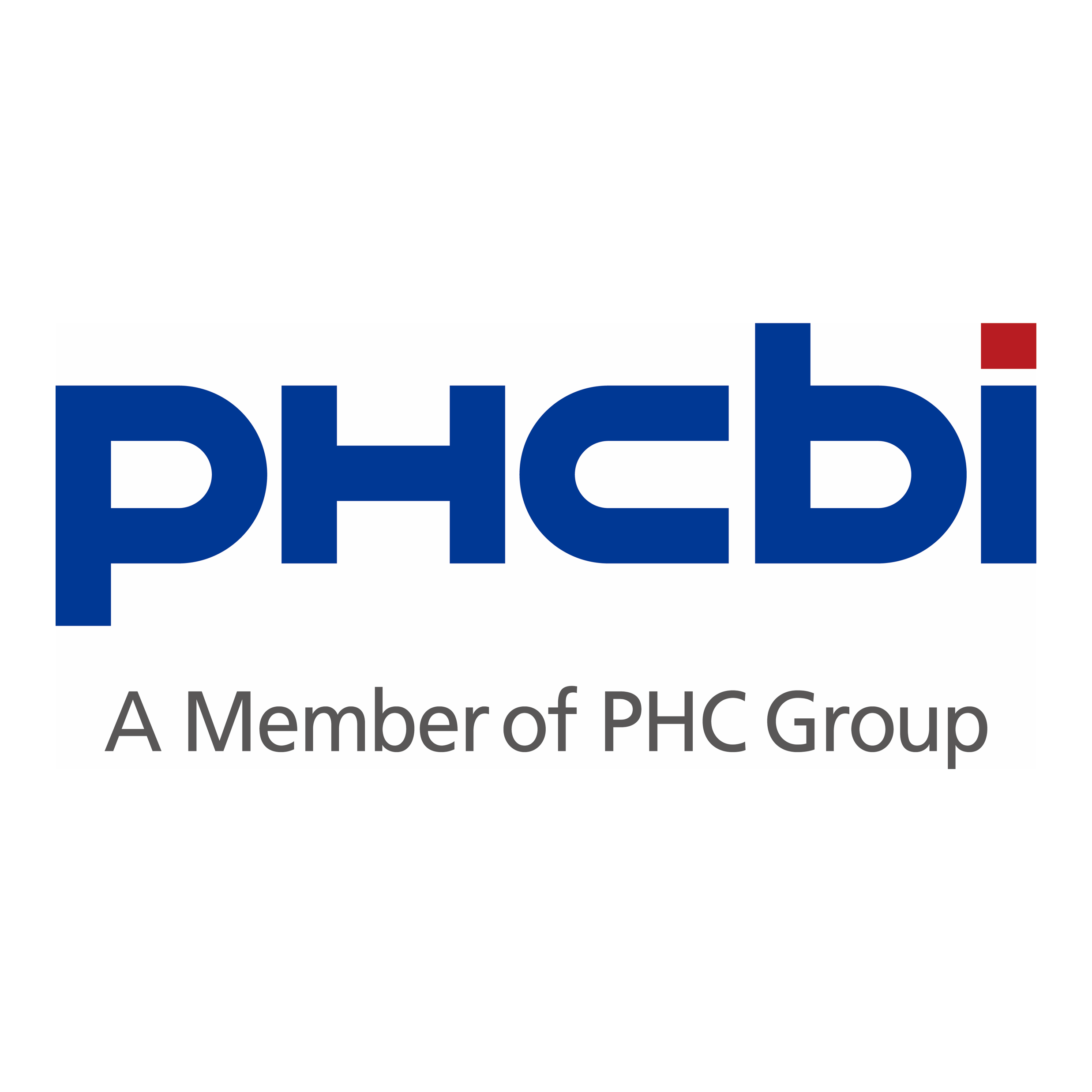Today, a brief rundown of news from Merck & Co. and Roche, as well as updates from Sangamo Therapeutics, UCB and Catalent that you may have missed.
Merck & Co. will pay $30 million upfront to acquire Modifi Biosciences, a Yale University spinout developing small molecule drugs for cancer. Founded in 2021, Modifi focuses on DNA repair defects in cancer cells, specifically one repair protein known as MGMT for short. Shareholders in Modifi could receive up to $1.3 billion in additional payments if certain, unspecified milestones are met. — Ned Pagliarulo
Sales of Sarepta Therapeutics’ Duchenne muscular dystrophy gene therapy Elevidys outside of the U.S. reached 137 million Swiss francs, or about $156 million, over the first nine months of the year, the company’s international partner Roche said Wednesday. Those sales came from five ex-U.S. countries where Elevidys is also approved. A decision is expected in the EU next year, and Roche has submitted applications in several other countries. The Swiss group cited Elevidys, along with multiple sclerosis shot Ocrevus, as one of its key growth drivers in neurology, which showed a sales increase of 14% to 7 billion francs over the same period in 2023. — Jonathan Gardner
Shares in Sangamo Therapeutics rose Tuesday after the company said it has secured agreement from the Food and Drug Administration on a path to filing its experimental Fabry disease treatment for approval. According to the biotechnology company, regulators agreed that a measure of kidney function could be used as a surrogate endpoint to ask it for accelerated clearance of the gene therapy, dubbed isaralgagene civaparvovec or ST-920. Sangamo expects to have the necessary data by the first half of next year, setting up a submission in the latter half of 2025 — some three years earlier than the company had been planning. — Ned Pagliarulo
Roche has returned to UCB rights to an experimental Alzheimer’s medicine UCB had licensed to the Swiss pharmaceutical company in 2020. The company confirmed Roche’s termination of the collaboration in a statement Tuesday announcing the planned presentation of Phase 2 study results for the drug, bepranemab, at an upcoming medical meeting. Tested in people with prodromal or mild Alzheimer’s, bepranemab is designed to target a protein known as tau in the brain. — Ned Pagliarulo
MacroGenics, a developer of antibody medicines for cancer, on Tuesday said it sold rights to its breast cancer drug Margenza to privately held TerSera Therapeutics for $40 million. MacroGenics could receive up to $35 million more if certain sales milestones are met under the deal, which is expected to close in the fourth quarter. Margenza was approved in 2020 together with chemotherapy for adults with metastatic HER2-positive breast cancer who have received two or more prior anti-HER2 regimens. — Delilah Alvarado
Cell therapy developer AvenCell Therapeutics raised $112 million in a Series B financing led by investor Novo Holdings. The funding will fund development of the company’s “switchable” CAR-T medicines, which it claims could be safer and more effective than current options. F-Prime Capital, founding investor Blackstone Life Sciences and three other venture firms participated in the round. — Delilah Alvarado
Catalent, the contract development and manufacturing organization being acquired by Novo Holdings, issued a letter Monday to its customers aimed at reassuring them it will continue to fulfill its commitments after the transaction closes. Novo Holdings, which is the parent company of drugmaker Novo Nordisk, is taking Catalent private through a $16.5 billion acquisition. Novo Nordisk is then buying three large Catalent plants in a separate $11 billion agreement. Alessandro Maselli, Catalent’s current CEO, will stay on in his role, the letter said. — Ned Pagliarulo














